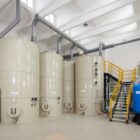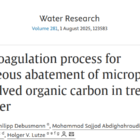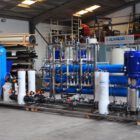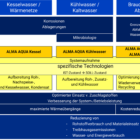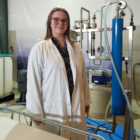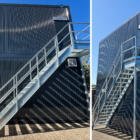Microfiltration
Microfiltration (MF) is an essential part of modern water treatment and wastewater treatment technologies. The process uses membranes with a typical pore size of 0.1 to 10 micrometers to efficiently remove particles, colloids, bacteria and other microorganisms. It is a pressure-driven process that is characterized by its low energy requirements and versatility.


